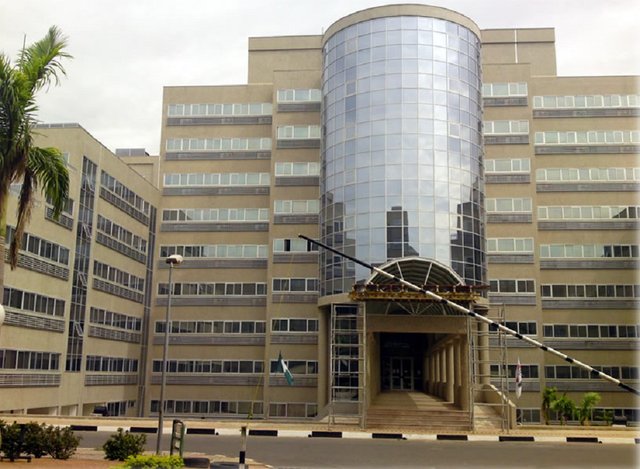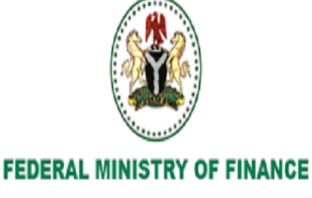The Forensic Audit: A Lost Opportunity TO Regain Good Governance 2
In my first term as Finance Minister (2003 to 2006), I found this anomalous that I created an oil and gas unit in the Finance Ministry, directly in the minister's office, to interface with the Petroleum Resources Ministry and the oil companies, gather data that could enable us to model our oil and gas sector better, and improve our budget and financial planning. The unit was difficult to implement and received little cooperation from the Petroleum Resources Ministry or NNPC.

It eventually began to work under the leadership of Dr. Bright Okogu who at that time served as my Special Adviser. 2 In 2012, I reengineered the Oil and Gas Unit and moved it to the Finance Ministry's Technical Department, again with support from the UK's Department of International Development. We still struggled to form working relationships with or to benefit from knowledge sharing with our colleagues in the oil and gas sector The lack of transparency in oil-sector institutions and their lack of linkage to other agencies such as the Finance Ministry and NEITI (Nigerian Extractive Industries Transparency Initiative) that should have a voice in the sector was one of the reasons why so many of us felt that it was essential to secure passage of the Petroleum Industry Bill (PIB)-designed to transform and improve the efficiency of the oil and gas sector-during the Jonathan administration.
This never happened because vested interests inside government and outside including international oil companies, blocked the bill as not being in their interest. If it had passed, this bill would have led to sweeping structural changes in the NNPC and the oil and gas sector toward more commercialization, partial privatization, and hence more transparency in the generation and management of oil revenues. The Petroleum Industry Bill was not perfect. It had many problems, but it could have moved the oil and gas sector toward more openness and accountability.

In the new Muhammadu Buhari administration, it appears that a different restructuring approach to NNPC and the oil and gas sector is being implemented. The hope is that this restructuring will lead to more commercialized, more independent, financially sustainable parent, and accountable petroleum-sector institutions. This is the only way Nigerians will ever gain confidence in their oil and gas sector and stop the saga of unaccou.ated-for monies!
To this day, under the new Buhari administration, claims and counterclaims continue to be made about unaccounted-for monies. Over course of seven days, three separate claims were made. On March 15, 2016, the Auditor General of the Federation claimec that its 2014 audit showed that N3.2 trillion ($16 billion) was unaccounted for by NNPC in terms of remittances to the Federation Account. On March 17, 2016, NNPC countered that it owed only N326 billion and was in fact owed N1.37 trillion by the Federation Account. On March 22, 2016, the Revenue Mobilisation and Fiscal Affairs Commission claimed that N4.9 trillion was unaccounted for by NNPC. What country can operate like this?
The story of Nigeria's oil and gas sector is ugly. Although revenues from the sector have, to a substantial extent, helped finance the country's development, the impact of the sector has fallen far short of expectations because of inappropriate policies, inefficient and nontransparent institutions, corruption, capture by leaders, and rent seeking internal and external elites. This makes the sector a minefield for anyone seeking transparency, accountability for revenue flows, or simply the honest and straightforward conduct of government business.
Trying to block fraudulent oil marketers from access to government oil subsidies, pushing for accountability for revenues due to the Federation from the oil and gas sector, managing competing sectoral interests, and dealing with the noxious politics surrounding the sector has meant stepping on many powerful toes. Trying to bring transparency and accountability to this sector was probably one of the most stressful and dangerous tasks of my job as Finance Minister!
To listen to the audio version of this article click on the play image.

Brought to you by @tts. If you find it useful please consider upvoting this reply.